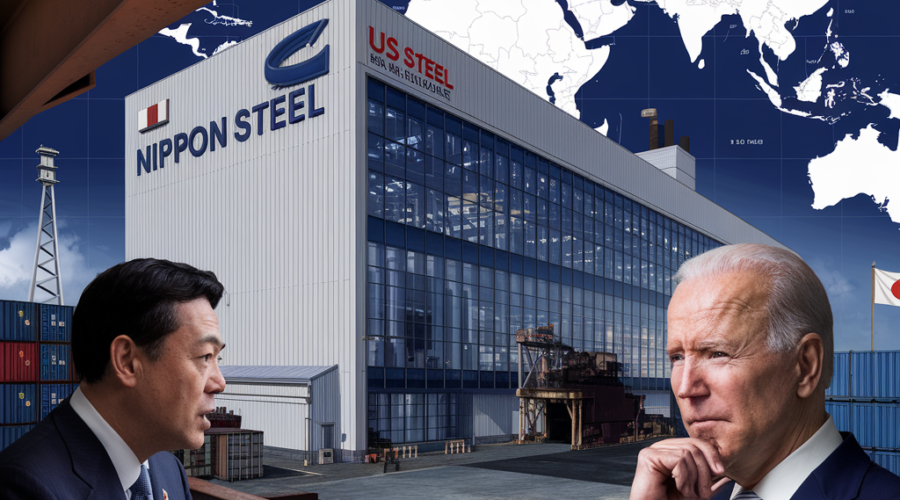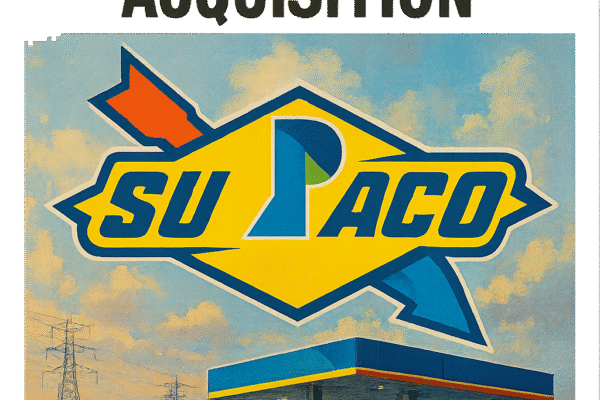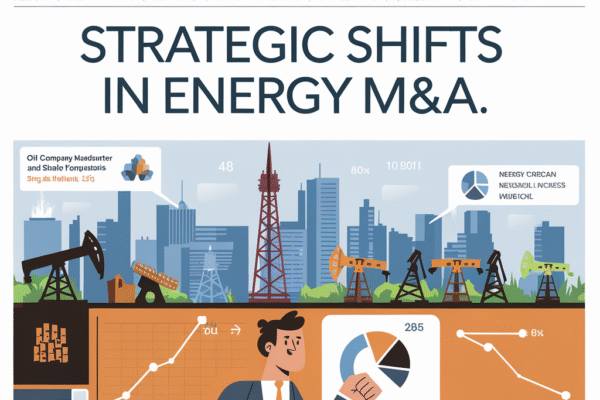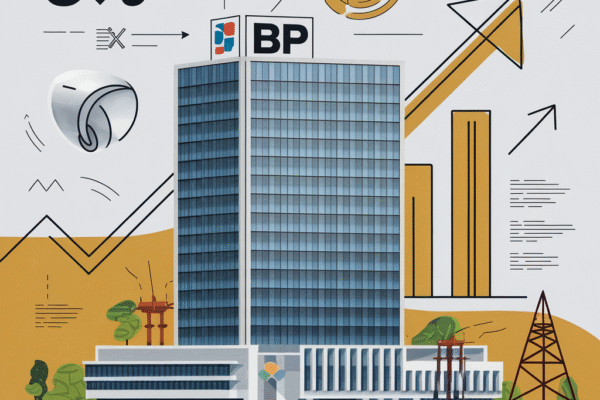- Geopolitical Tensions: The proposed $15 billion Nippon Steel-US Steel merger faces scrutiny over national security concerns and potential job losses, reflecting complex US-Japan trade dynamics.
- Regulatory Hurdles: Historical precedents like the ArcelorMittal-US Steel deal suggest governmental interventions aim to balance economic interests with national security, underscoring the need for careful consideration.
- Market Consolidation: Critics argue the merger could consolidate market power, impacting domestic suppliers and raising antitrust issues in the steel industry.
- Global Competitiveness: The acquisition could enhance Nippon Steel’s global reach, technological capabilities, and counter Chinese influence in steel markets while modernizing US plants.
- Economic Pressures: Rising inflation, commodity prices, and supply chain disruptions pose challenges for both companies, highlighting the broader economic context surrounding the deal.
- Foreign Investment Impact: The outcome could set a precedent for future cross-border transactions in critical US sectors, shaping policies on foreign investment.
- Diplomatic Negotiations: Japanese PM Ishiba seeks reassurance from President Biden, underscoring the high-stakes geopolitical game and delicate balance between economic and political interests.
- Uncertain Prospects: If apprehensions escalate, legal challenges and delays could arise, while Biden’s reassurance could pave the way for smoother approval.
- Strategic Implications: The merger’s implications span job security, market competition, technological advancements, and the global steel supply chain dynamics.
- Future Outlook: As the situation evolves, CEOs must monitor developments closely to make informed strategic decisions in an increasingly complex geopolitical and economic landscape.
Japan-US Steel Merger: PM Seeks Biden’s Reassurance Amid Concerns





